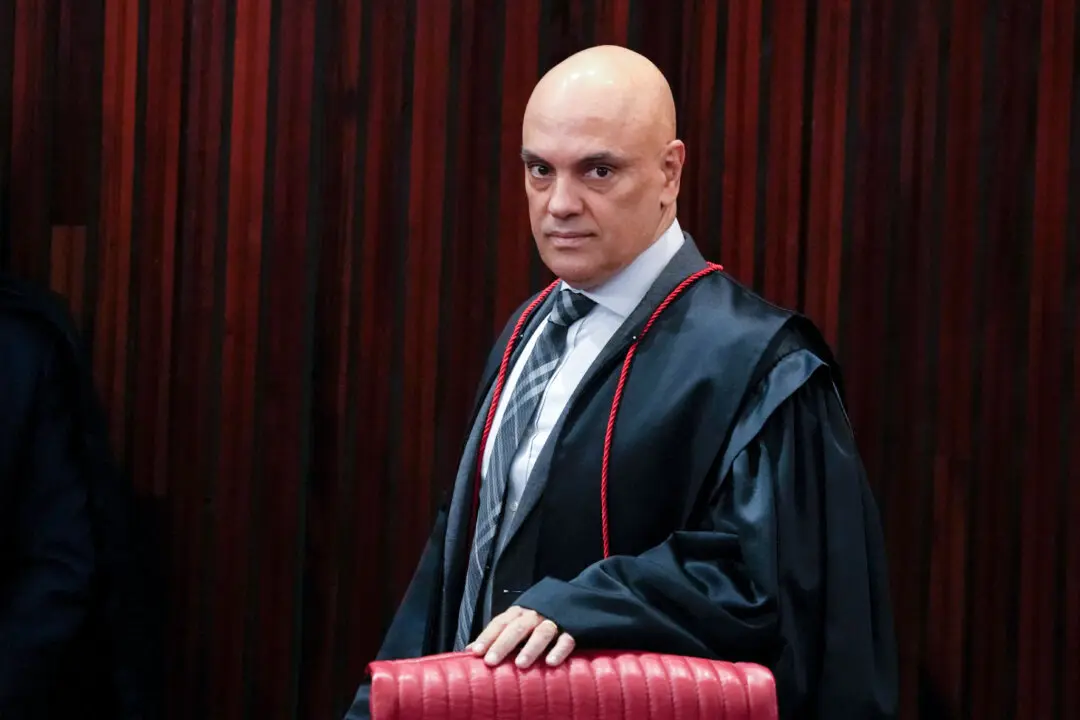A federal judge in Florida has ruled that video-sharing platform Rumble and Trump Media & Technology Group (TMTG), the parent company of Truth Social, are not required to comply with gag orders issued by a Brazilian Supreme Court justice.
The orders, issued by Brazilian Supreme Court Justice Alexandre de Moraes, had demanded the removal of U.S.-based accounts belonging to a prominent supporter of former Brazilian President Jair Bolsonaro, in a case raising concerns over international judicial overreach and free speech rights in the United States.





